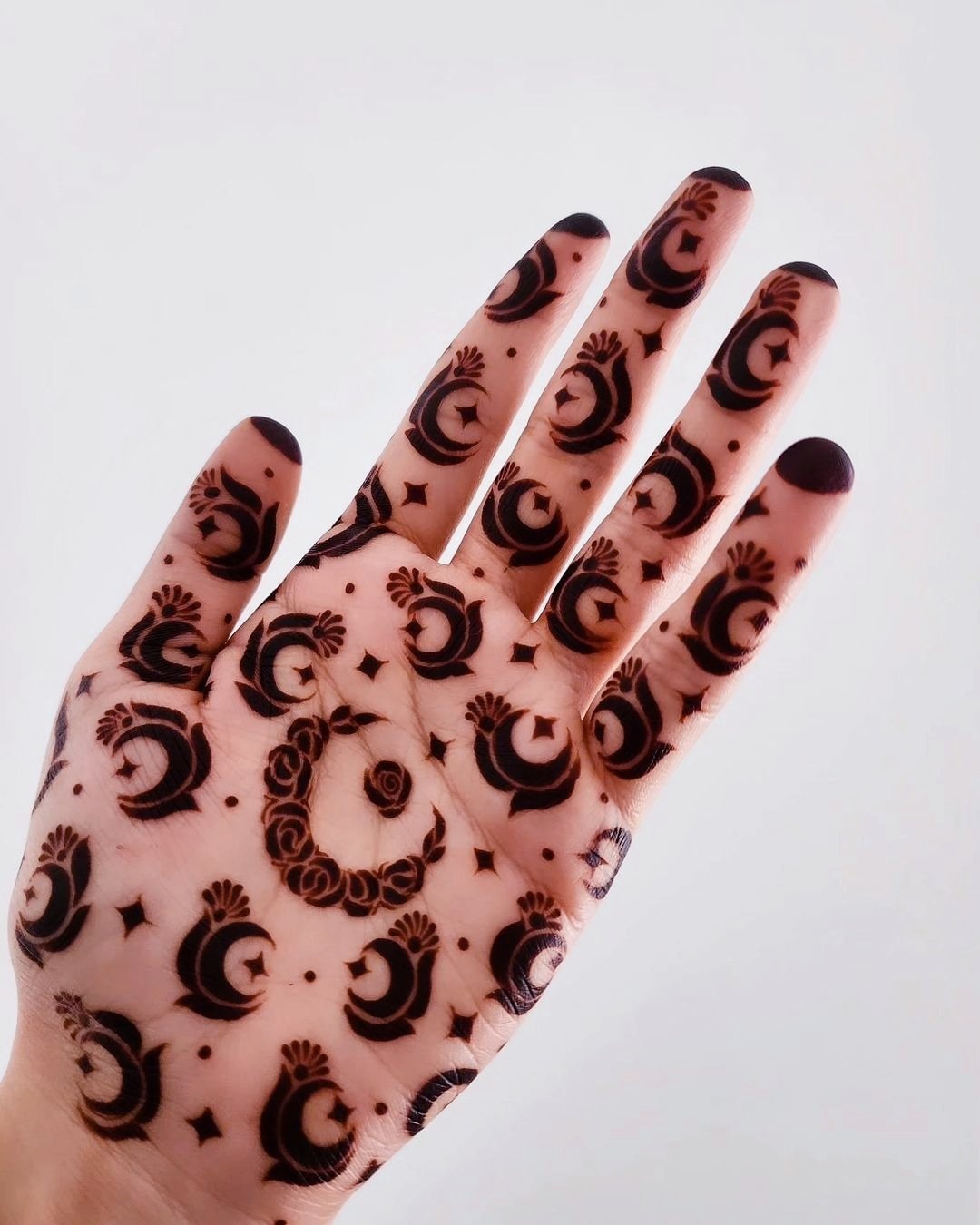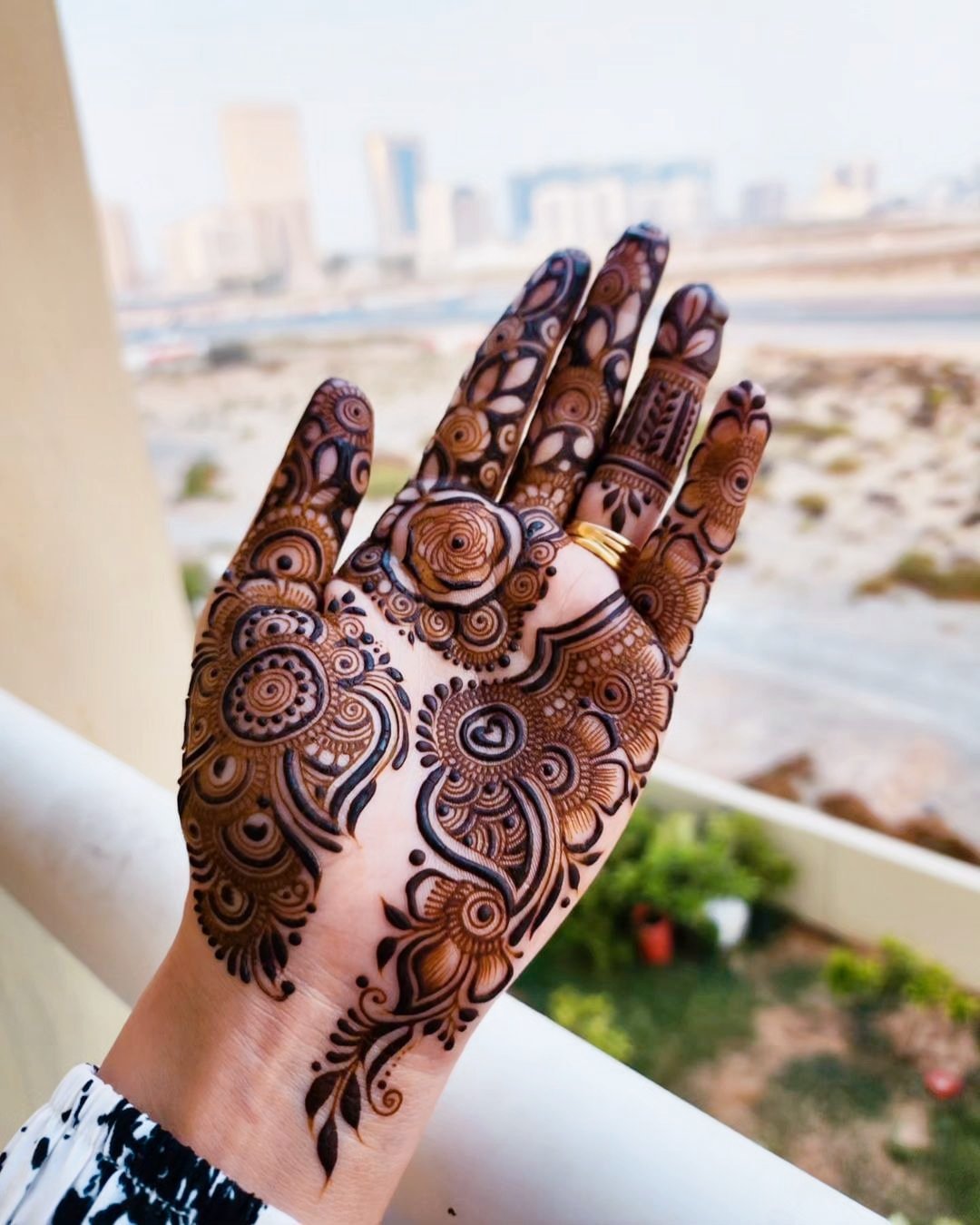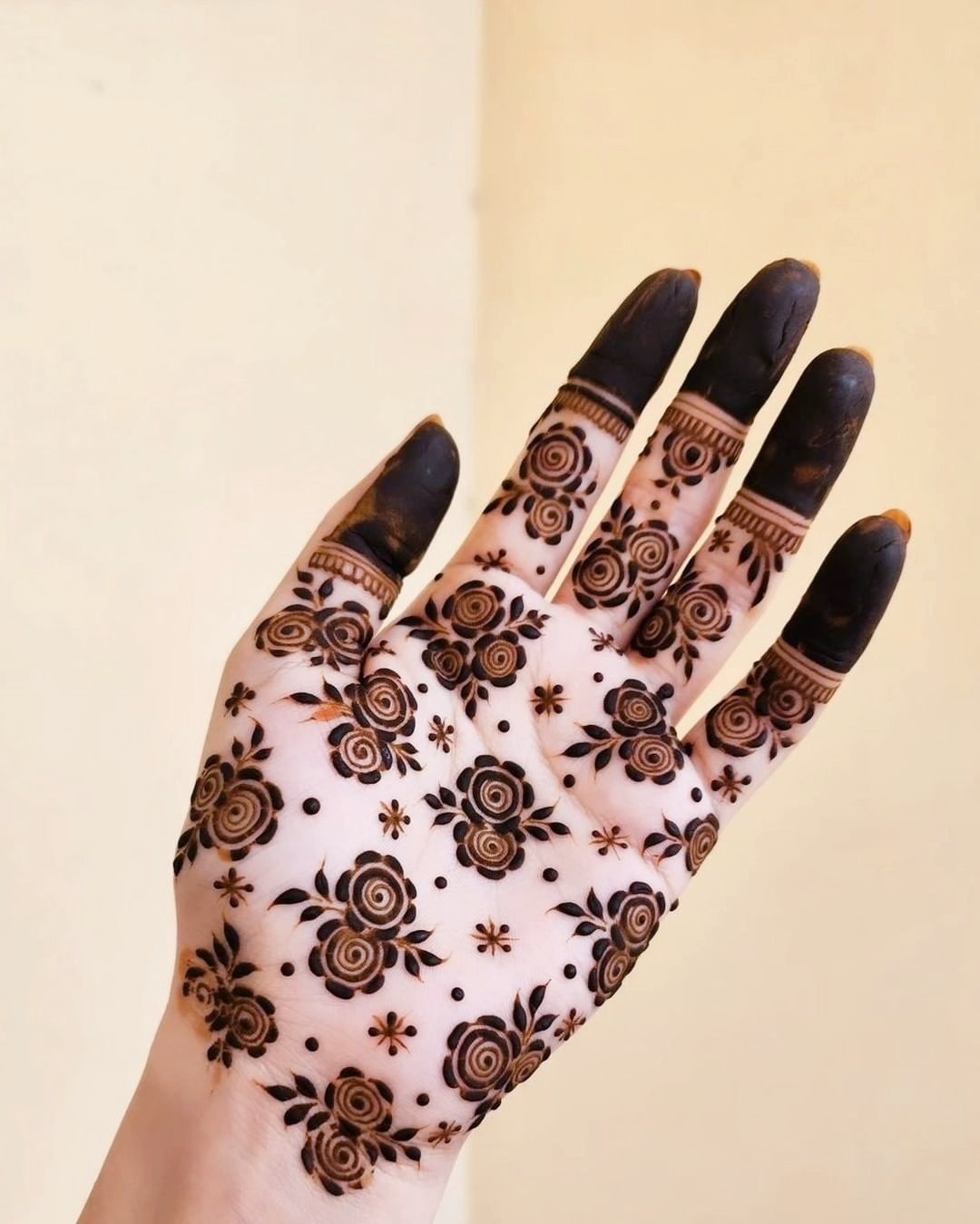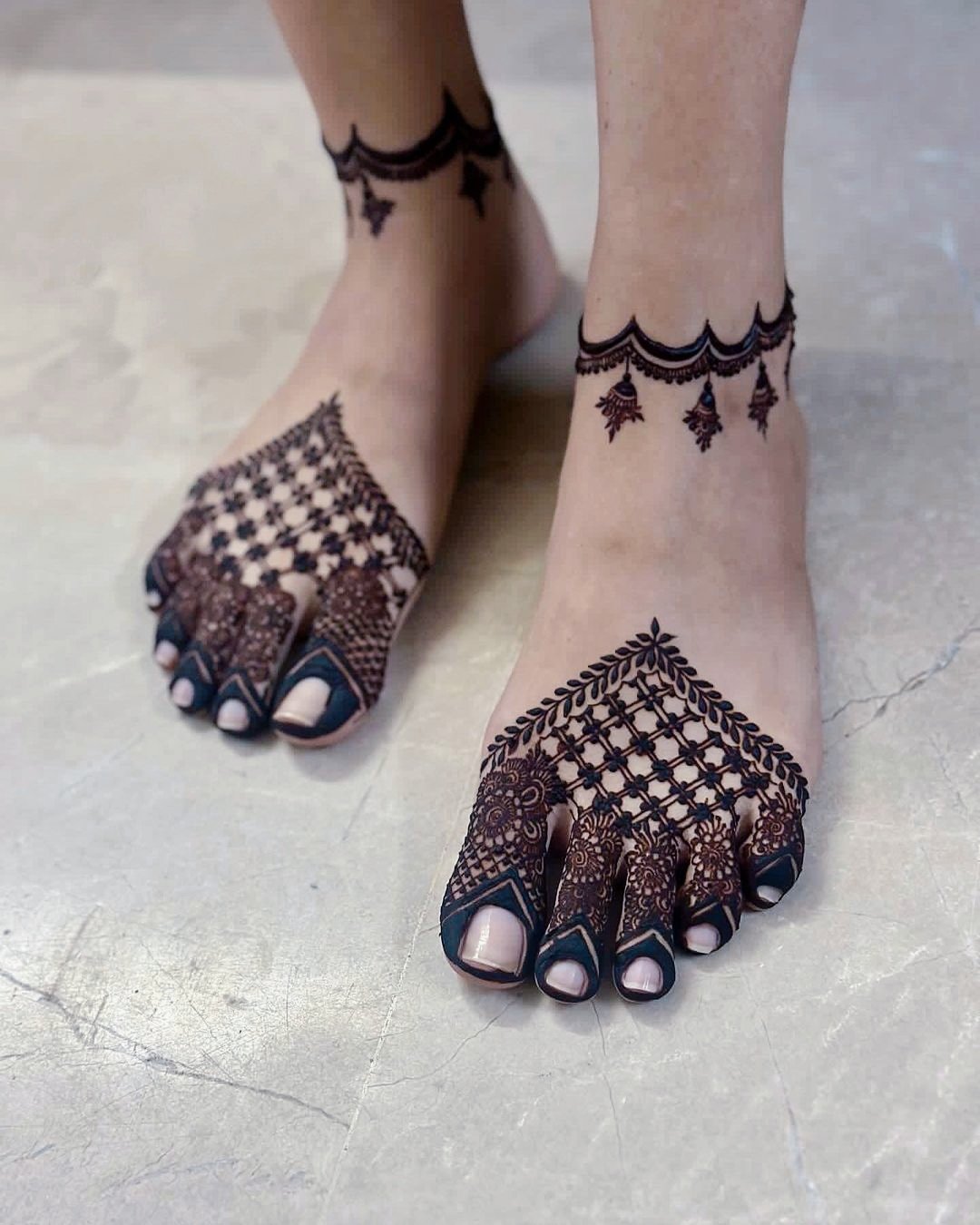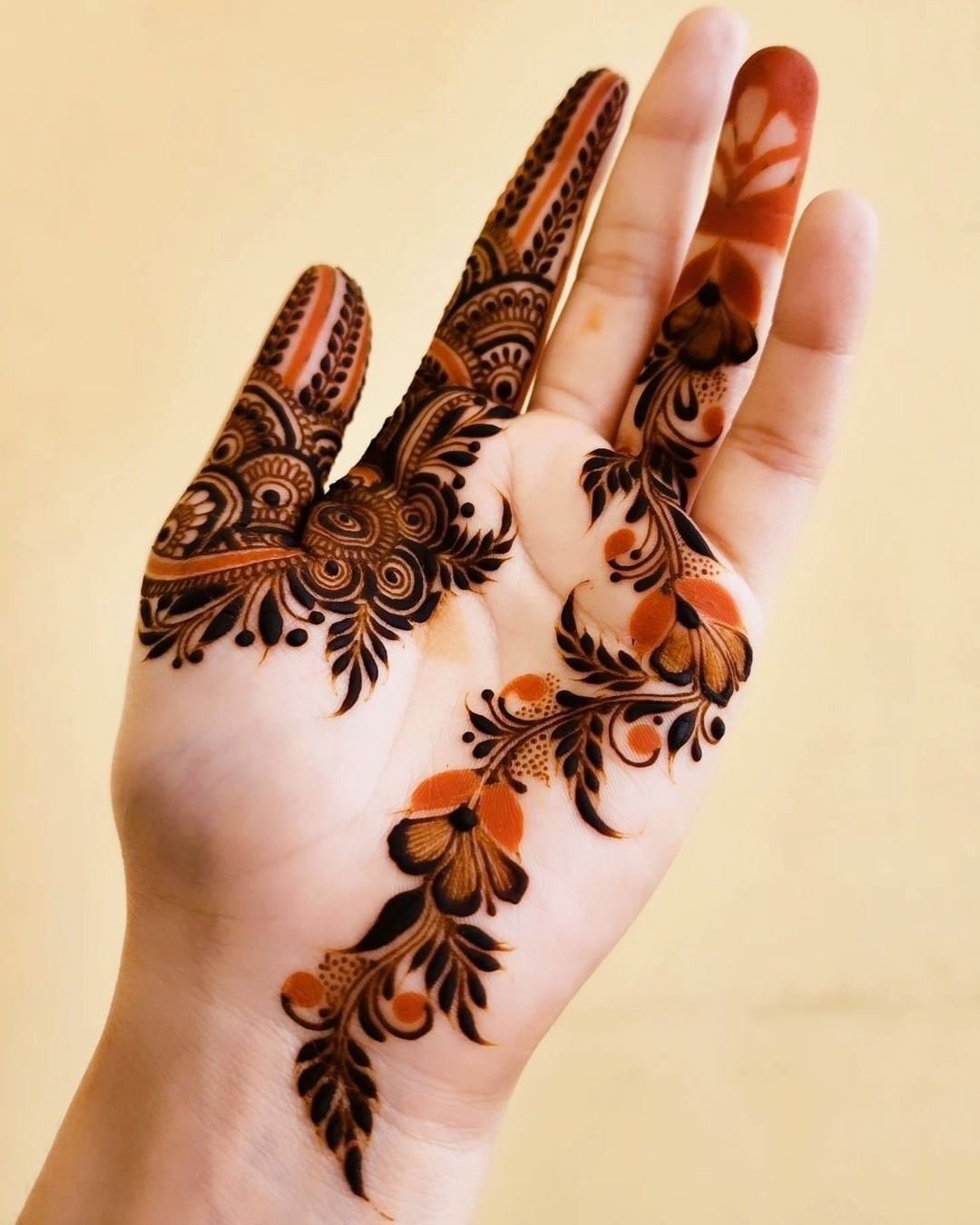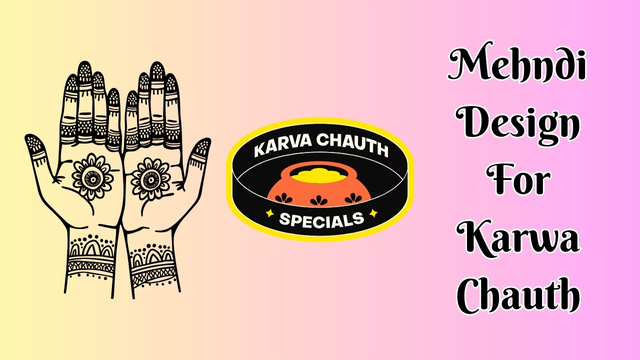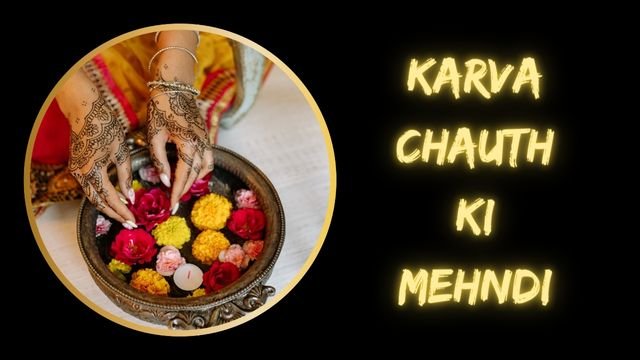Friends, today’s post is going to be very special, I am your friend Vikas Yadav. So welcome to our website https://mixingimages.us/. So today we are going to share with you – Karwa Chauth Mehndi Designs, Karva Chauth Mehandi Design, Karva Chauth Vrat Katha.
Karwa Chauth Mehndi Designs
Karva Chauth Mehandi Design
Karva Chauth Vrat Katha
Karva Chauth is a significant festival celebrated by married Hindu women, especially in Northern India. It is observed by wives who fast for the entire day without consuming food or water, praying for the long life, health, and prosperity of their husbands. The festival takes place on the fourth day after the full moon in the month of Kartik according to the Hindu lunar calendar. The fast is rigorous and is completed only after sighting the moon in the evening.
The celebration of Karva Chauth is rooted in age-old traditions and is associated with several stories. One of the most famous stories, known as Karva Chauth Vrat Katha, is narrated during the evening prayers. The following is the traditional Vrat Katha of Karva Chauth, which is shared with devotion and reverence.
The Story Of Queen Veeravati
The most popular Karva Chauth Vrat Katha revolves around a beautiful queen named Veeravati. Veeravati was the only sister among seven brothers. After her marriage, during her first Karva Chauth, Veeravati observed the fast with full devotion at her parents’ home.
As the day wore on, Veeravati became extremely weak due to the stringent fast, as she had vowed not to eat or drink anything until she saw the moon. Her seven brothers, who loved her deeply, couldn’t bear to see their sister suffering from hunger and thirst. They tried to persuade her to break her fast, but she refused, saying that she would do so only after seeing the moon.
Unable to see their sister in pain, the brothers came up with a plan to help her. They created a false moon by lighting a large fire behind the trees. From a distance, the light appeared like the moon in the sky. They called Veeravati and told her that the moon had risen. Believing them, Veeravati performed the ritual of offering prayers to the “moon” and broke her fast.
However, as soon as she ate food, terrible news came to her: her husband, the king, had fallen severely ill. Veeravati was heartbroken and realized that she had unknowingly broken her fast by being deceived. She immediately sought help and guidance from the divine powers.
Veeravati prayed fervently to Goddess Parvati, begging for her husband’s life to be spared and for her own mistake to be forgiven. Moved by her sincere devotion, Goddess Parvati appeared before her and told her that if she observed the Karva Chauth fast again with true dedication, her husband’s life would be restored.
Veeravati, filled with remorse and determination, undertook the fast once more with great devotion. She did not waver this time, and by the end of the day, the king was revived and restored to good health. From that day on, Veeravati observed Karva Chauth every year with full faith and sincerity, and her husband lived a long and healthy life.
This story is recited during the Karva Chauth rituals to inspire women to keep the fast with complete faith and devotion, believing that their prayers will ensure the well-being of their husbands.
The Story Of Karva’s Devotion
Another legend closely linked to Karva Chauth is the story of Karva, a devoted wife whose love and loyalty toward her husband saved his life. According to this legend, Karva’s husband was once bathing in a river when he was attacked by a crocodile. Seeing her husband in mortal danger, Karva rushed to his aid.
Karva was a woman of great devotion and spiritual power. She bound the crocodile with a cotton thread and prayed intensely to Lord Yama, the god of death, to punish the crocodile and send it to hell. Initially, Yama hesitated and refused to grant her request. However, Karva was so devoted and determined that she threatened to curse Yama if he did not comply.
Moved by Karva’s unwavering faith and dedication to her husband, Yama agreed to her request. He sent the crocodile to hell, sparing her husband’s life. From that day forward, Karva and her husband lived a long, happy, and prosperous life together.
This story is often narrated during Karva Chauth as a symbol of the power of a wife’s devotion. It emphasizes how love, loyalty, and faith can triumph over even death itself, reinforcing the belief that a wife’s sincere prayers can protect and bless her husband.
Rituals And Observances Of Karva Chauth
On the day of Karva Chauth, the fast begins before dawn. Married women wake up early to eat a pre-dawn meal called Sargi, which is traditionally prepared by their mothers-in-law. Sargi usually consists of fruits, sweets, and other nourishing foods that help sustain them through the day. After this meal, the fast officially begins, and women abstain from eating or drinking anything until the moon rises in the evening.
Throughout the day, women dedicate themselves to prayers and preparation for the evening rituals. They often dress in beautiful attire, adorn themselves with jewelry, and apply mehndi (henna) on their hands. The festive atmosphere is filled with joy and excitement, as women gather to observe the rituals together.
As the evening approaches, the women sit together in a circle with their Karva (a small earthen pot filled with water) and listen to the Karva Chauth Vrat Katha. They pass the Karva around as they pray for their husbands’ long life and safety. The ritual is a time of solidarity among women, where they share their faith and devotion.
Finally, when the moon rises, the women look at it through a sieve, offer their prayers, and then look at their husbands through the same sieve. This symbolizes the sacred connection between the moon, the sieve, and their husbands. The fast is then broken when the husbands give their wives water and food to eat, marking the end of the fast.
The Significance Of Karva Chauth
Karva Chauth is more than just a religious ritual. It celebrates the deep bond between husband and wife, symbolizing love, sacrifice, and commitment. In modern times, many husbands also fast alongside their wives as a gesture of love and support, signifying the changing dynamics of marital relationships. The festival has also evolved into a social and festive occasion, where women come together to celebrate, exchange gifts, and strengthen the bonds of sisterhood.
While rooted in tradition, Karva Chauth remains a day of devotion, where prayers for a long and prosperous married life are offered with unwavering faith.
Final Word
Friends, if you liked today’s post, then like our post and share it with all your friends. And if there is any gap left, please let us know by commenting. If you have any suggestions, you can give them to also. And you can share our post on your social handles. Thanks.




